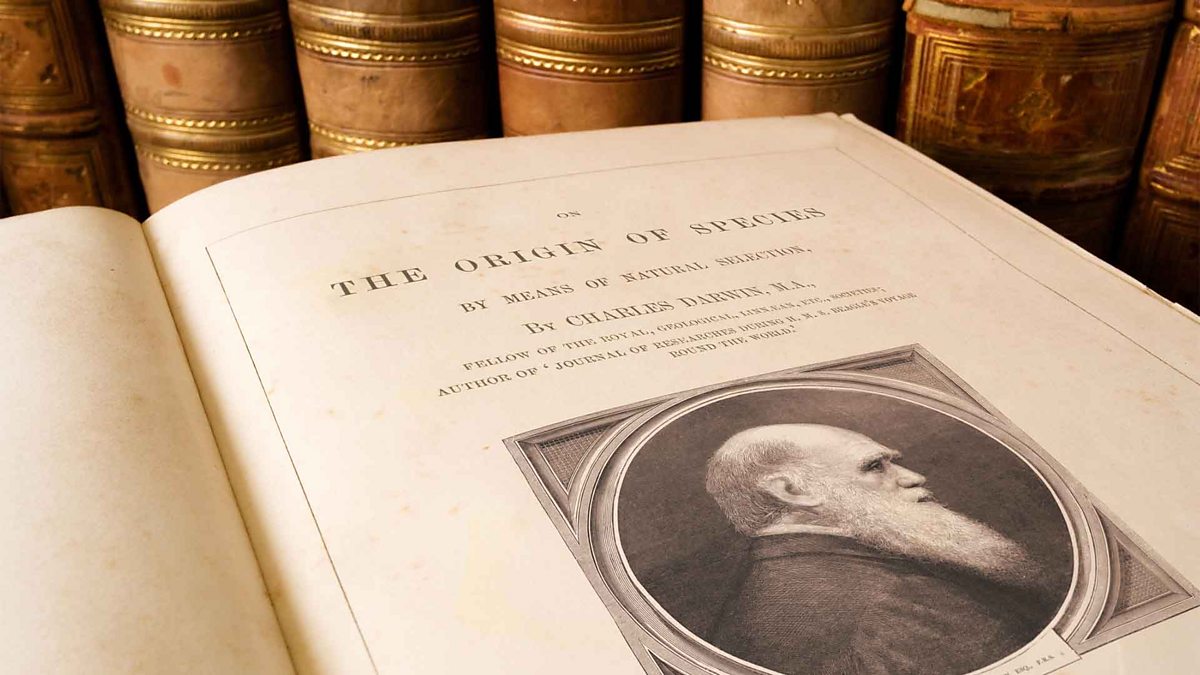Ding, quit being such an uninformed weekend armchair theorist and speculatition. You are way out of your league on this one.
"Hinduism" is an umbrella-term, referring to a broad range of sometimes opposite and often competitive traditions. The term "Hinduism" was coined in Western ethnography in the 18th century and refers to the fusion, or synthesis, of various Indian cultures and traditions, with diverse roots and no founder. This
Hindu synthesis emerged after the Vedic period, between c. 500–200 BCE and c. 300 CE, in the period of the
Second Urbanisation and the early classical period of Hinduism, when the
epics and the first Puranas were composed. It flourished in the
medieval period, with the
decline of Buddhism in India. Hinduism's variations in belief and its broad range of traditions make it difficult to define as a religion according to traditional Western conceptions.
Hinduism includes a diversity of ideas on
spirituality and traditions; Hindus can be
polytheistic,
pantheistic,
panentheistic,
pandeistic,
henotheistic,
monotheistic,
monistic,
agnostic,
atheistic or
humanist. According to
Mahatma Gandhi, "a man may not believe in God and still call himself a Hindu". According to
Wendy Doniger, "ideas about all the major issues of faith and lifestyle – vegetarianism, nonviolence, belief in rebirth, even
caste – are subjects of debate, not
dogma."
Because of the wide range of traditions and ideas covered by the term Hinduism, arriving at a comprehensive definition is difficult. The religion "defies our desire to define and categorize it". Hinduism has been variously defined as a religion, a religious tradition, a set of religious beliefs, and "a way of life". From a Western lexical standpoint, Hinduism, like other faiths, is appropriately referred to as a religion. In India, the term
dharma is preferred, which is broader than the Western term "religion".
The study of India and its cultures and religions, and the definition of "Hinduism", has been shaped by the interests of colonialism and by Western notions of religion. Since the 1990s, those influences and its outcomes have been the topic of debate among scholars of Hinduism, and have also been taken over by critics of the Western view on India.
Hinduism as it is commonly known can be subdivided into a number of major currents. Of the historical division into six
darsanas (philosophies), two schools,
Vedanta and
Yoga, are currently the most prominent. The six
āstika schools of Hindu philosophy, which recognize the authority of the Vedas are:
Sānkhya,
Yoga,
Nyāya,
Vaisheshika,
Mimāmsā, and
Vedānta.
Classified by primary deity or deities, four major Hinduism modern currents are
Shaivism (Shiva),
Vaishnavism (Vishnu),
Shaktism (Devi) and
Smartism (five deities treated as equals). Hinduism also accepts numerous divine beings, with many Hindus considering the deities to be aspects or manifestations of a single impersonal absolute or ultimate reality or
Supreme God, while some Hindus maintain that a specific deity represents the supreme and various deities are lower manifestations of this supreme. Other notable characteristics include a belief in the existence of
ātman (self),
reincarnation of one's ātman, and karma as well as a belief in dharma (duties, rights, laws, conduct, virtues and right way of living), although variation exists, with some not following these beliefs.

en.wikipedia.org

en.wikipedia.org



 MyCentralJersey?!!!
MyCentralJersey?!!! 
